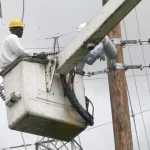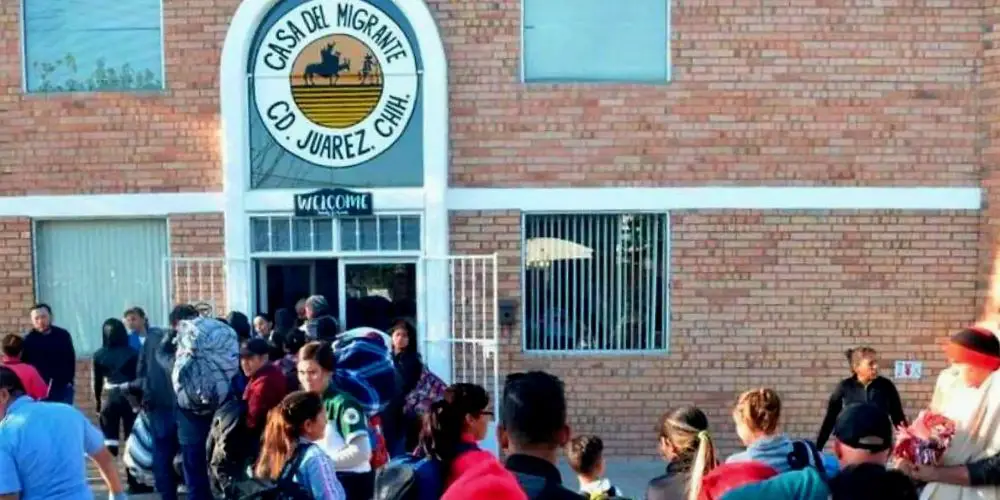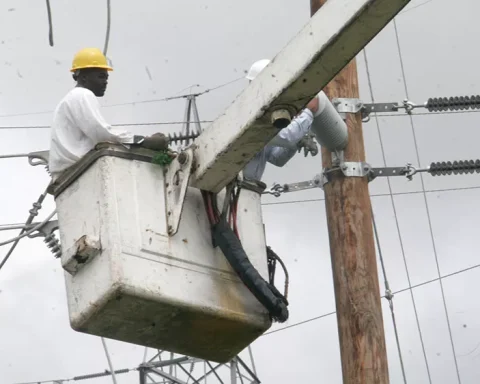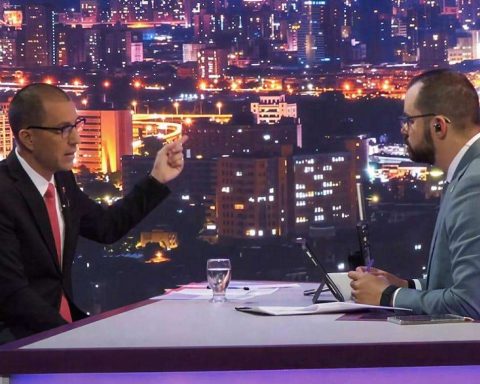Bernardo Batiz V.
AND
n the difficult process for achieving a positive transformation in our country, the so-called Fourth Transformation (4T) has given a change of direction that, of course, annoys the defenders of the old system; there are polemics and discussions, of height and also different tones and intentions; For this reason, we have to be careful and distinguish real problems from problems invented by those who have no other purpose than to hinder and set up obstacles.
It is necessary to identify which problems are invented, which debates are gossip and which revolve around different conceptions of politics or the economic system; which problems, being real, are exaggerated, artificially increased, and when there are stakeholders aimed at derailing the transformation process.
Today I return to a subject that concerns me professionally and that interests me as a citizen. I refer to the relationship between the concepts of justice and law. And so I put them, united or separated, both interpretations fit, by the copulative conjunction and
, which links and identifies them; I do not write justice against law nor even less law against justice; the two words are conceptually and historically close and both concepts are linked by many communicating vessels.
I begin by saying that, in my opinion, the current debate is poorly focused, does not go to the bottom and is circumstantial. It was darkened by rivalries that instigate and amplify the facts; the apparent confrontation is incited and exaggerated by some media and some politicians behind the scenes, interested in tying knives.
There are real data, without a doubt; The opportune trigger was that in a very short period of time, judges and magistrates issued various resolutions that released prisoners, unfrozen ill-gotten fortunes, and put obstacles to programs of the Executive Power; one of them obviously inappropriate: the same day that a court in New York convicted Genaro García Luna of drug trafficking, a Mexican judge unfreezes money that his wife concealed. None of the resolutions is final and can be reviewed by higher courts or the prosecution can retry the actions so far rejected.
But let’s go back to the concepts: justice, both legal and social, are, according to political theory, one of the goals of the State, along with order and security. The political organization of the community, its three powers in the modern State, all of its organs and institutions exist to ensure the three aforementioned values for the nation: order, security and justice, especially justice.
Justice (I think that by now everyone knows it) is to give each person what is theirs, what corresponds to them; for its part, the term law identifies the current positive law, approved by the Legislative Power and formally issued by the Executive; It is a set of socially valuable rules of conduct that bind both the governed and the rulers.
The opposite of justice is injustice; take away what is due to someone, release a guilty person from her punishment, but also punish an innocent person. The injustice may be hidden in the very text of the law; there are unjust laws due to an error or a mistaken concept of the legislator, but injustices can also be found in the sentences of the judges or in the decisions and acts of the Executive Branch. If the law is wrong, the Executive can veto it or the Legislature can correct it; the judge has no choice but to comply with it.
For a judge to make a decision fairly and impartially, the law that he must apply and that he does not elaborate, must be fair and impartial. A judge will always be between two parties who defend contrary interests and who have different perceptions of what is fair and what is unfair; they go before a judge because they expect him to agree with them. It is not easy, almost impossible, for both parties to have it.
In the case of criminal trials, the prosecutor’s office or Public Ministry must make available to the judges the people who, in their opinion, committed a crime and frequently, also make available assets related to the conduct that they intend to be punished. .
But their duty is not only to place people and things in the hands of justice; The judge has the obligation to be impartial and it is not enough that public opinion, the media or any interested party, or even that we all believe that the detainee is guilty, for the judge it will only be so if the accusing party proves it with sufficient and convincing evidence.
An impartial judge must act according to the evidence of the process, presented before him. If there aren’t, we can’t require you to convict a suspect. Undoubtedly, it may be that he decides for corruption or for order, in which case everyone’s duty is to point him out as a bad judge, claim his corruption or his ineffectiveness, but for that, no way, we also have to prove it.

















